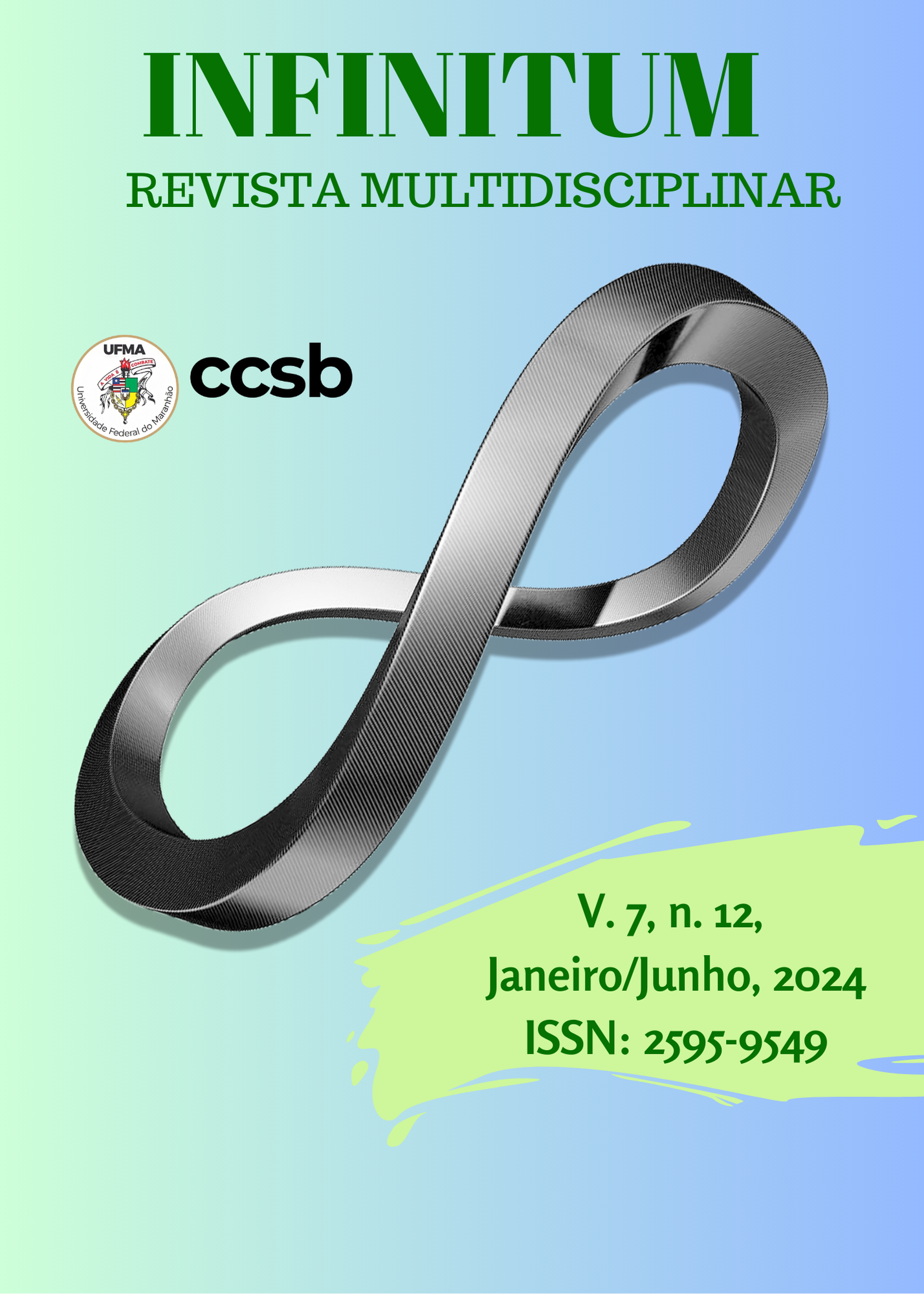SOCIO-HISTORIC ASPECTS AND THE SPEECH OF CAROLINA MARIA DE JESUS IN THE WASTE ROOM: DIARY OF A FAVELADA (1960)
DOI:
https://doi.org/10.18764/2595-9549v7n12.2024.6Keywords:
Socio-historical aspects, Historical context, Representation, Black woman, Dialectical literary criticismAbstract
This article aims to analyze, based on the work of Carolina Maria de Jesus, Quarto de despejo: diário de uma favelada (1960), socio-historical aspects present in the work, such as the historical context and the social and political conditions that Carolina experienced during the writing of her diary; the precarious living conditions of the marginalized in the favela; the issues of race and gender addressed by her at the end of the 50s, as well as perceiving the speech of the author, a black and poor woman, in a hostile, but also sensitive and authentic way, aiming to understand how the author's voice portrays and denounces the living conditions in the favelas. The work will be analyzed through the perspective of dialectical literary criticism. According to the adopted methodology, the research is of a bibliographic nature, characterized as qualitative critical analysis. Thus, the procedure is to resort to an attentive and detailed reading of the work Quarto de despejo from the perspective and dialogue with the authors: Candido (2006), Leeds and Leeds (2015), Meihy (1998), Meihy and Levine (2015), Carvalho (2016), Tavares (2010), Cardoso (1977), Bahia (2000), González (1984), Sousa and Dias (2013) and Evaristo (2014).
Downloads
References
BAHIA, Mariza Ferreira. O legado de uma linhagem: A literatura memorialística feminina. Tese de Doutorado em Literatura Comparada. Faculdade de Letras da UERJ. Rio de Janeiro. Junho de 2000.
CANDIDO, Antônio. Literatura e Sociedade. Rio de Janeiro: Ouro sobre azul, 2006.
CARDOSO. Míriam Limoeiro. Ideologia do Desenvolvimento – Brasil: JK-JQ. Rio de Janeiro: Paz e Terra, 1977.
CARVALHO, Anna Karoline Santos de. Carolina Maria de Jesus: cultura popular e prática educativa na educação de jovens e adultos – Joao Pessoa: UFPB, 2016.
EVARISTO, Conceição. Olhos d’Água. Rio de Janeiro: Pallas/Fundação Biblioteca Nacional, 2014.
GONZÁLEZ, Lélia, “Racismo e sexismo no Brasil”, Revista Ciências Sociais Hoje, Anpocs, 1984.
JESUS, Carolina Maria de. Quarto de despejo: diário de uma favelada / Carolina Maria de Jesus; 10. ed. - São Paulo: Ática, 2014. 200p.
LEEDS, Anthony; LEEDS, Elizabeth. Favelas e Comunidade Política: a continuidade da estrutura de controle social. In: LEEDS, Anthony; LEEDS, Elizabeth; LIMA, Nísia Trindade (org.). A sociologia do Brasil urbano. 2ª edição – Editora Fiocruz. Rio de Janeiro, 2015.
LEVINE, Robert M.; MEIHY, José Carlos Sebe Bom. Cinderela Negra: a saga de Carolina Maria de Jesus. Sacramento/MG: Editora Bertolucci, 2015. 2ª Edição.
MEIHY, J. C. S. B. CAROLINA MARIA DE JESUS: EMBLEMA DO SILÊNCIO. Revista USP, 1998. Disponível em: https://www.revistas.usp.br/revusp/article/view/27047.
Acesso em: 10 jan. 2024.
SOUSA, Dignamara Pereira de Almeida; DIAS, Daise Lilian Fonseca. Quando a mulher começou a falar: Literatura e crítica feminista na Inglaterra e no Brasil. Gênero na Amazônia. Belém: n.3, janeiro/junho 2013.
TAVARES, Maria da Conceição. Desenvolvimento e igualdade: homenagem aos 80 anos de Maria da Conceição Tavares. Organizado por João Sicsú e Douglas Portari. Rio de Janeiro: IPEA, 2010.
Downloads
Published
How to Cite
Issue
Section
License

This work is licensed under a Creative Commons Attribution 4.0 International License.
A Infinitum: Revista Multidisciplinar está licenciada com uma Licença Creative Commons Atribuição 4.0 Internacional.









